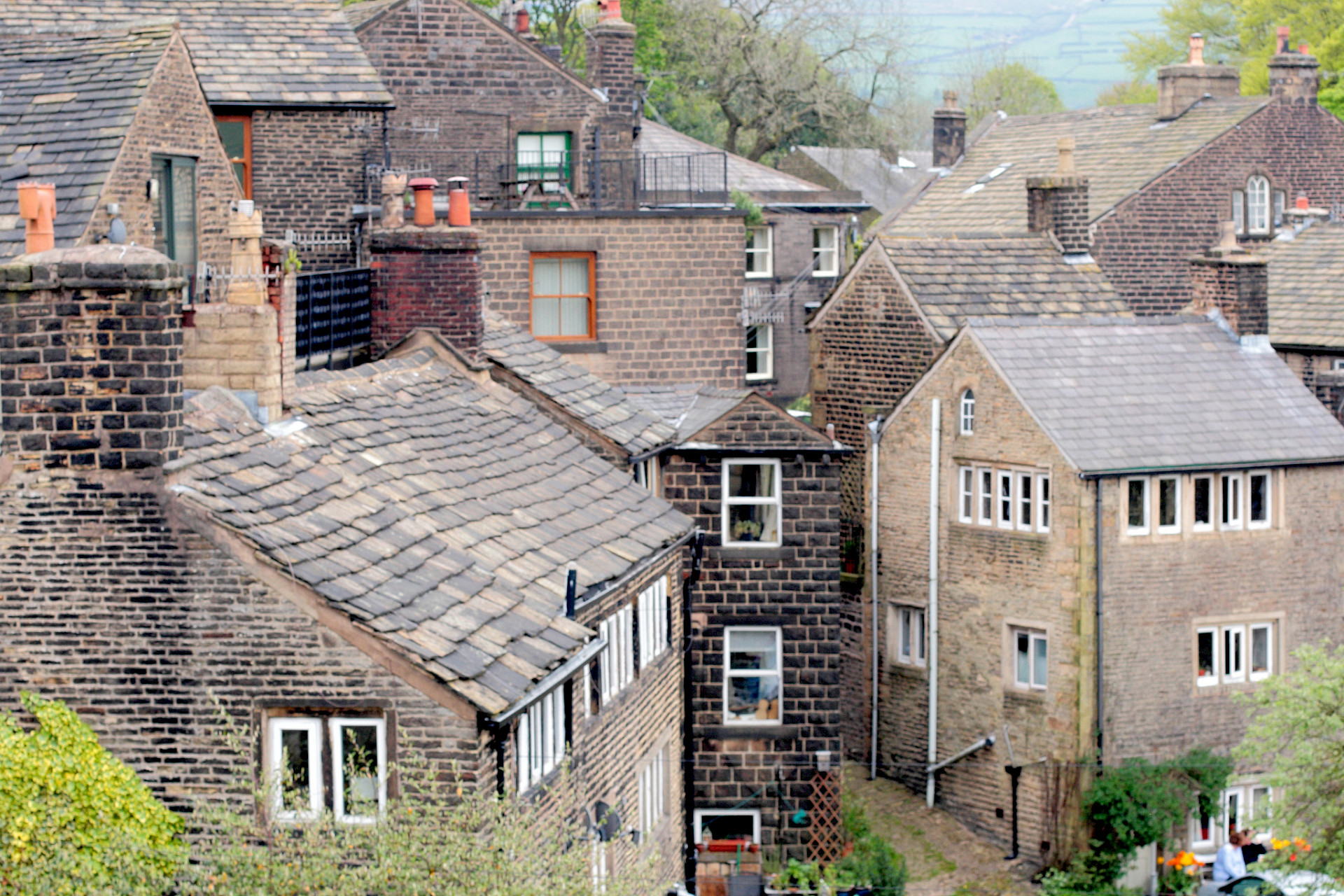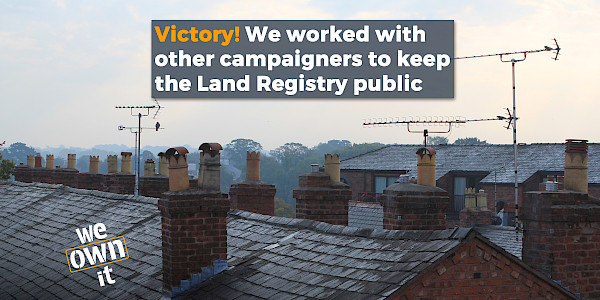
Key Facts
- The Land Registry keeps track of more than 26 million titles, providing ownership guarantees for 88% of land in England and Wales.
- Every day there are 100,000 searches for land and property data and plans - the majority of these requests are answered instantly online.
- The Land Registry has 63% customer satisfaction.
- In 2020-21, £260 billion worth of property transactions took place in the UK. The value of land in England and Wales is around £8 trillion – more than half the wealth of the nation.
- The Land Registry is 'digital by default'. Since November 2022, digital applications are the norm for business customers.
The history
The Land Registry was created in 1862 to register the ownership of land and property in England and Wales. For 160 years it has played a key role in the UK’s economy. Since 1990, the Land Registry register has been open to the public. In Scotland, land is registered with Registers of Scotland.
Millions of people and businesses rely on these land registries every year for information about property ownership, including planning conditions and listed building status. Access to this data means we can plan for the future and tackle challenges like housing need and climate change.
Who owns the Land Registry?
The Land Registry is a non-ministerial department and is a partner body of the Department for Business, Energy and Industrial Strategy.
From 2014 to 2016, the Land Registry was threatened with privatisation. These plans faced opposition from the industry and the Competition and Markets Authority. We Own It joined other campaigners - including PCS union, 38 degrees and lawyers - to help stop the privatisation of the Land Registry. Our research showed that if we sold off the Land Registry, in just 25 years' time we would be losing out on profits. And the government dropped its sell off plans - we won!
“Following consultation the government has decided that HM Land Registry should focus on becoming a more digital data-driven registration business, and to do this will remain in the public sector” Autumn Statement 2016
Photo credit: Thinkstock
Related news
-
30 Nov 2022 Source: www.gov.uk
-
Land Registry seeks to bolster digital talent after privatisation plans shelved
- Land Registry
8 Sep 2017 Source: www.publictechnology.net -
MP "still concerned" over Land Registry privatisation plans
- Land Registry
12 Oct 2016 Source: www.dorsetecho.co.uk -
Tory plans to privatise the Land Registry are quietly dropped after public outrage
- Land Registry
7 Sep 2016 Source: www.mirror.co.uk -
NAEA wants new housing minister to rethink Land Registry privatisation
- Land Registry
20 Jul 2016 Source: www.estateagenttoday.co.uk

